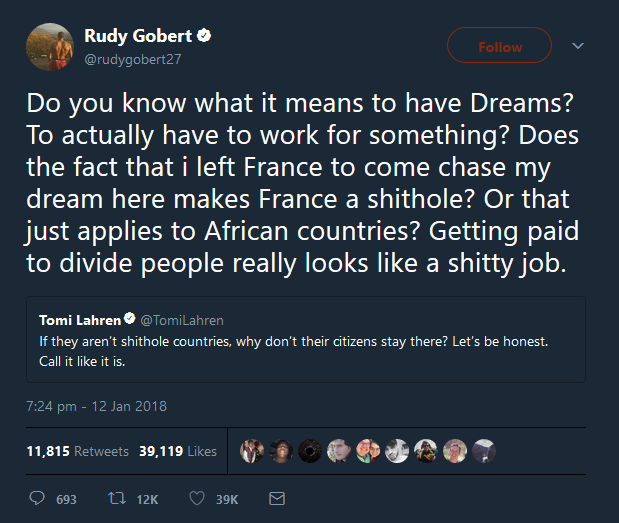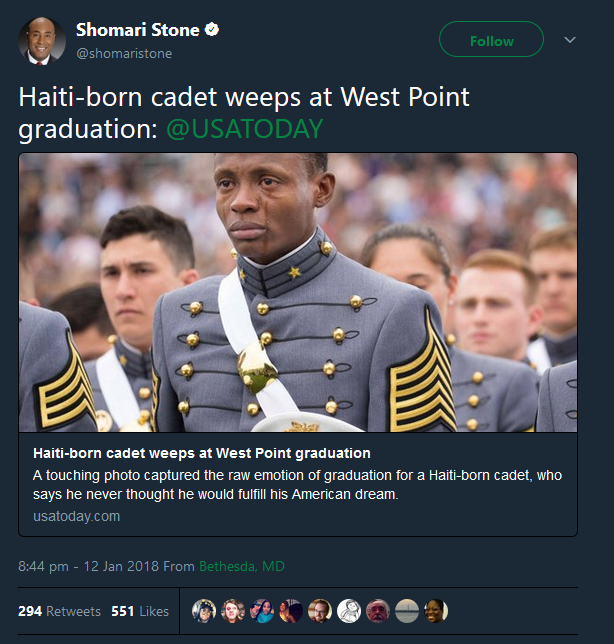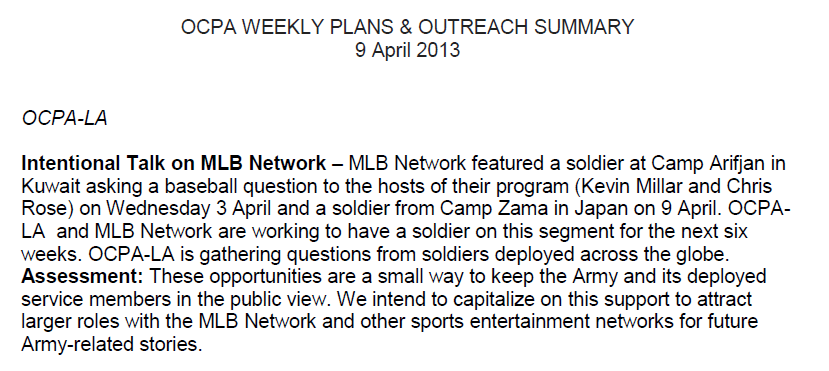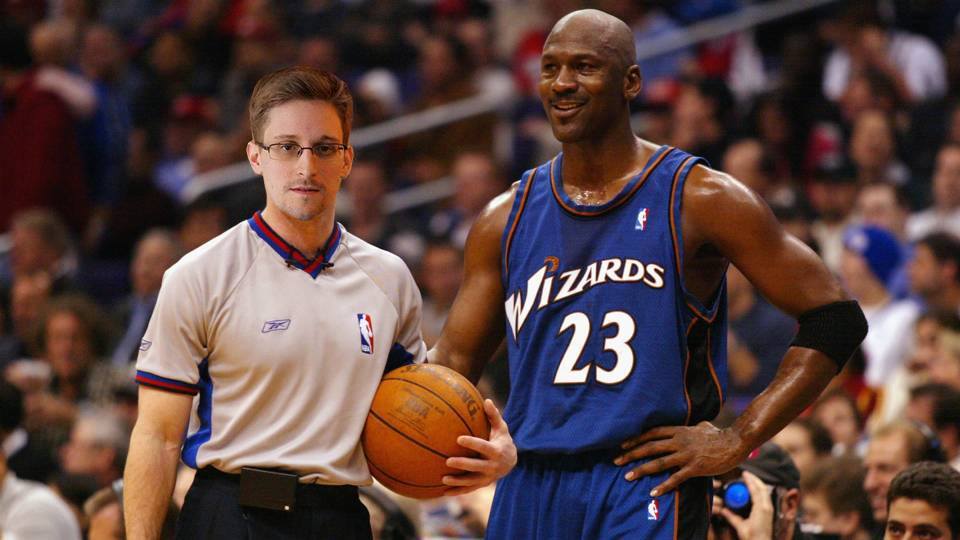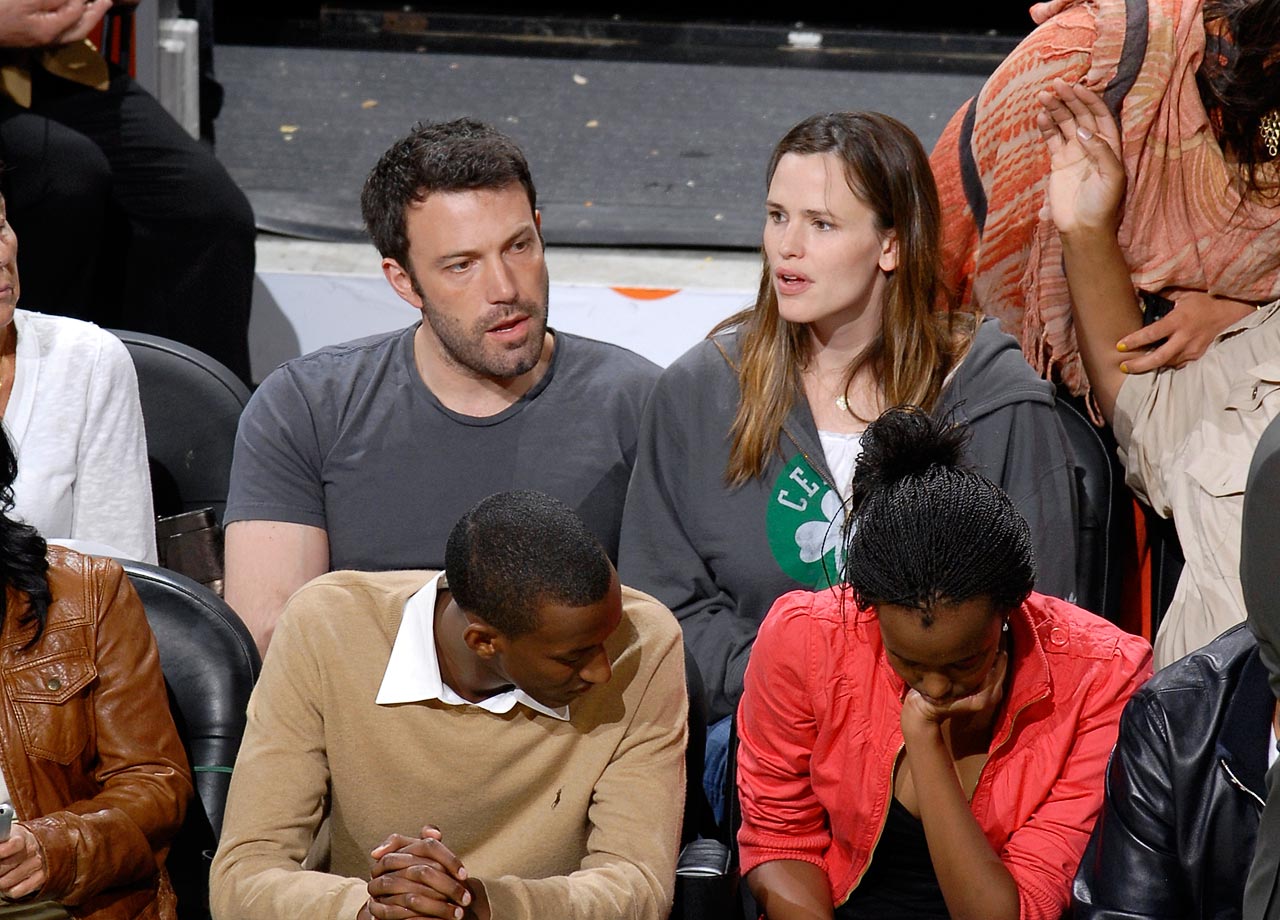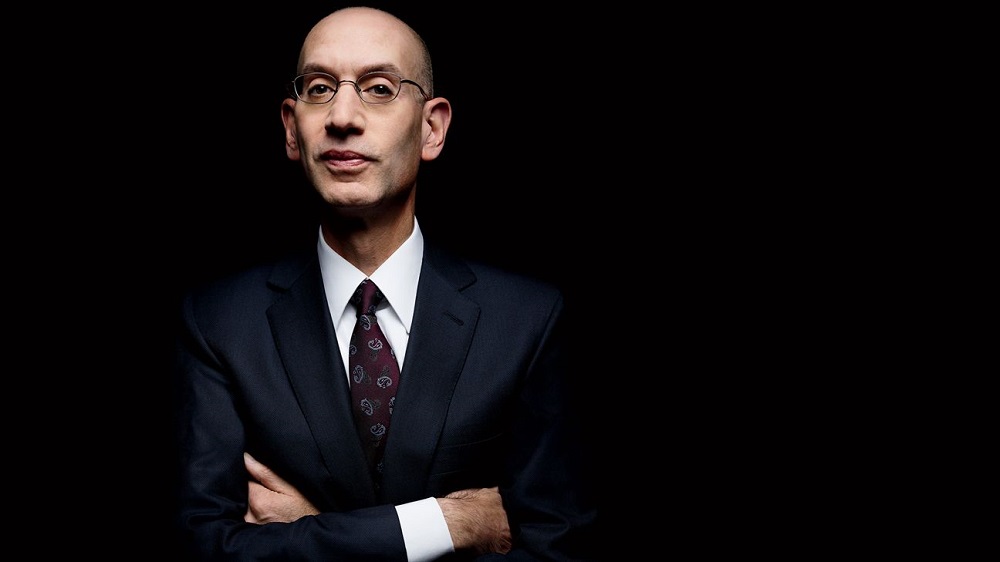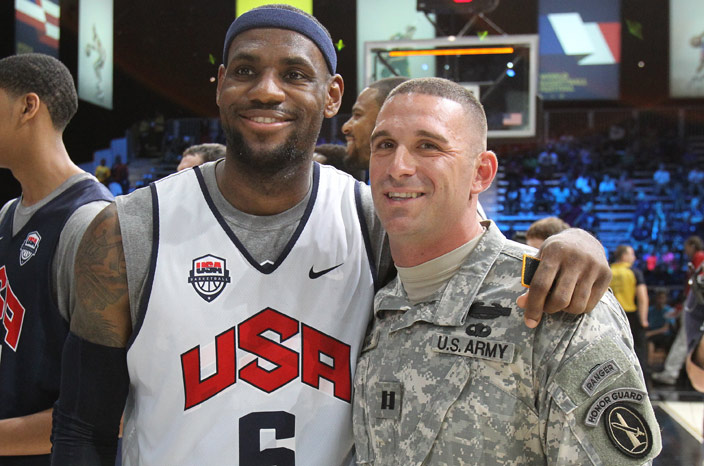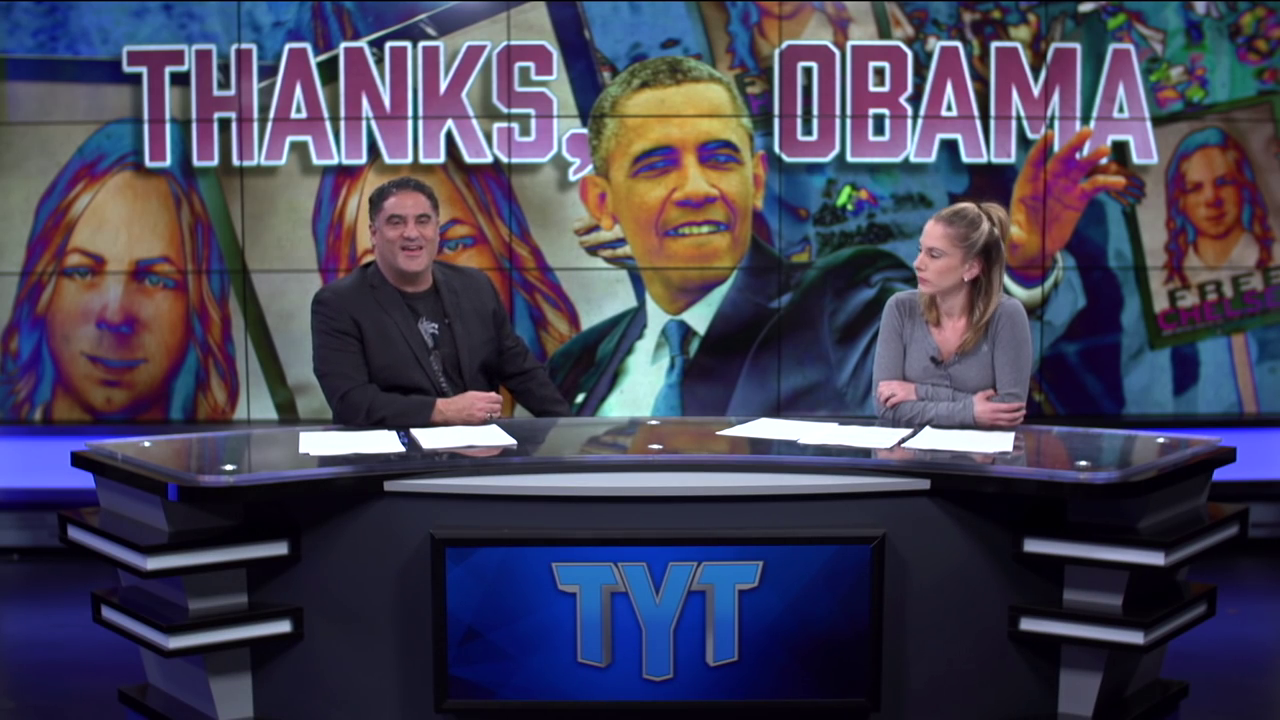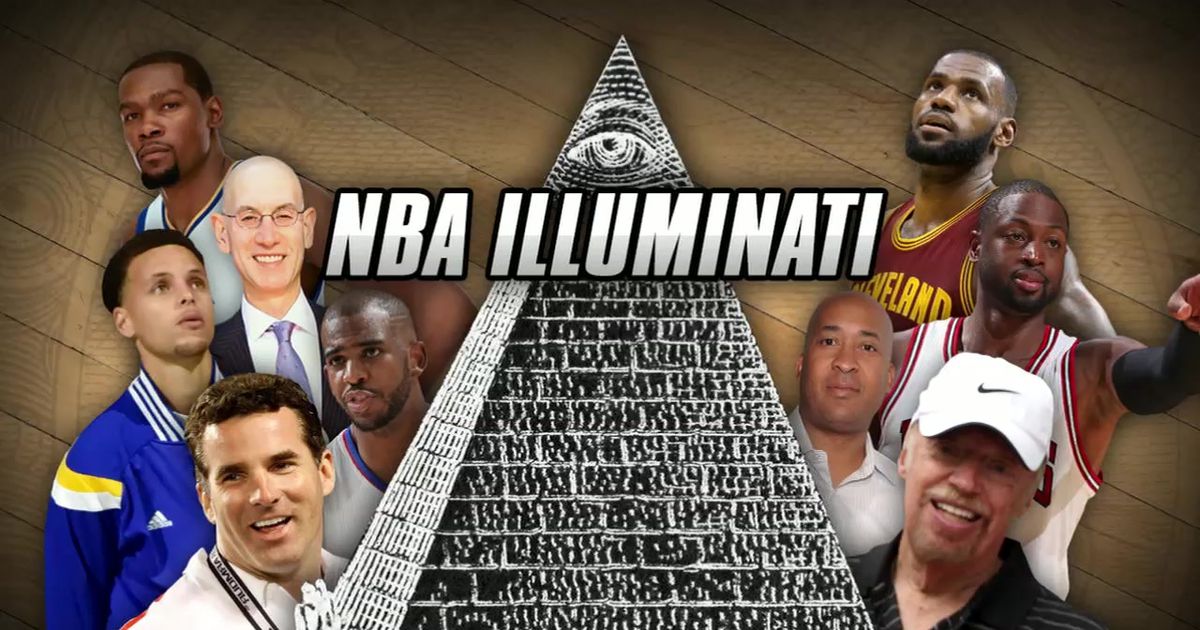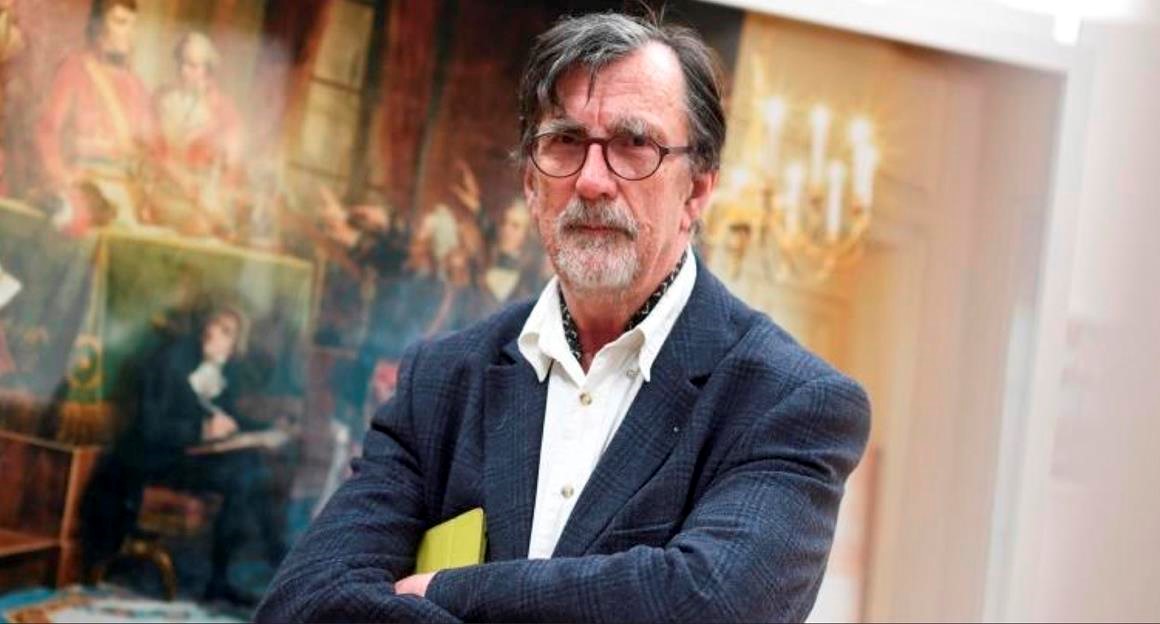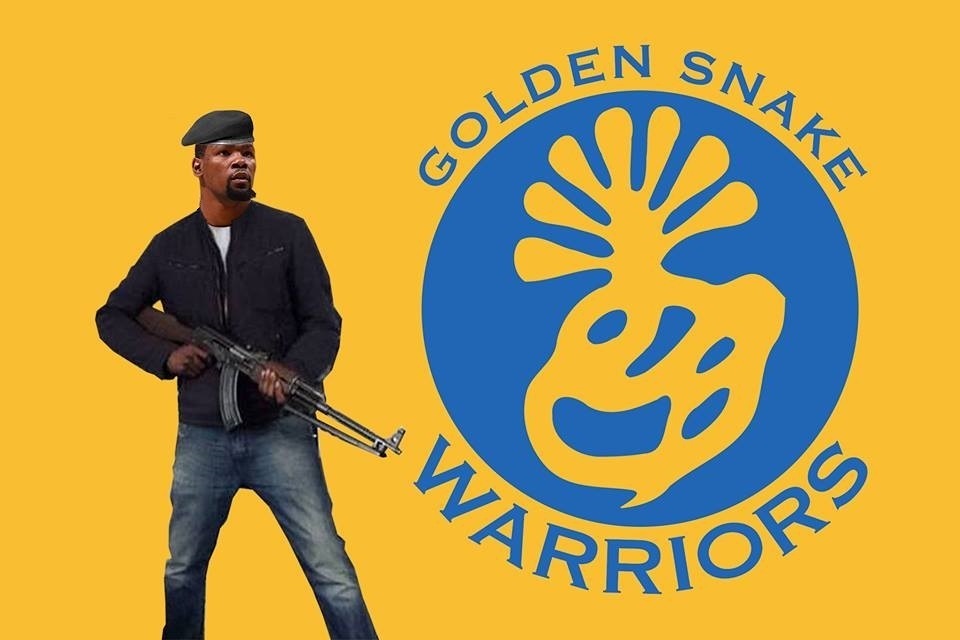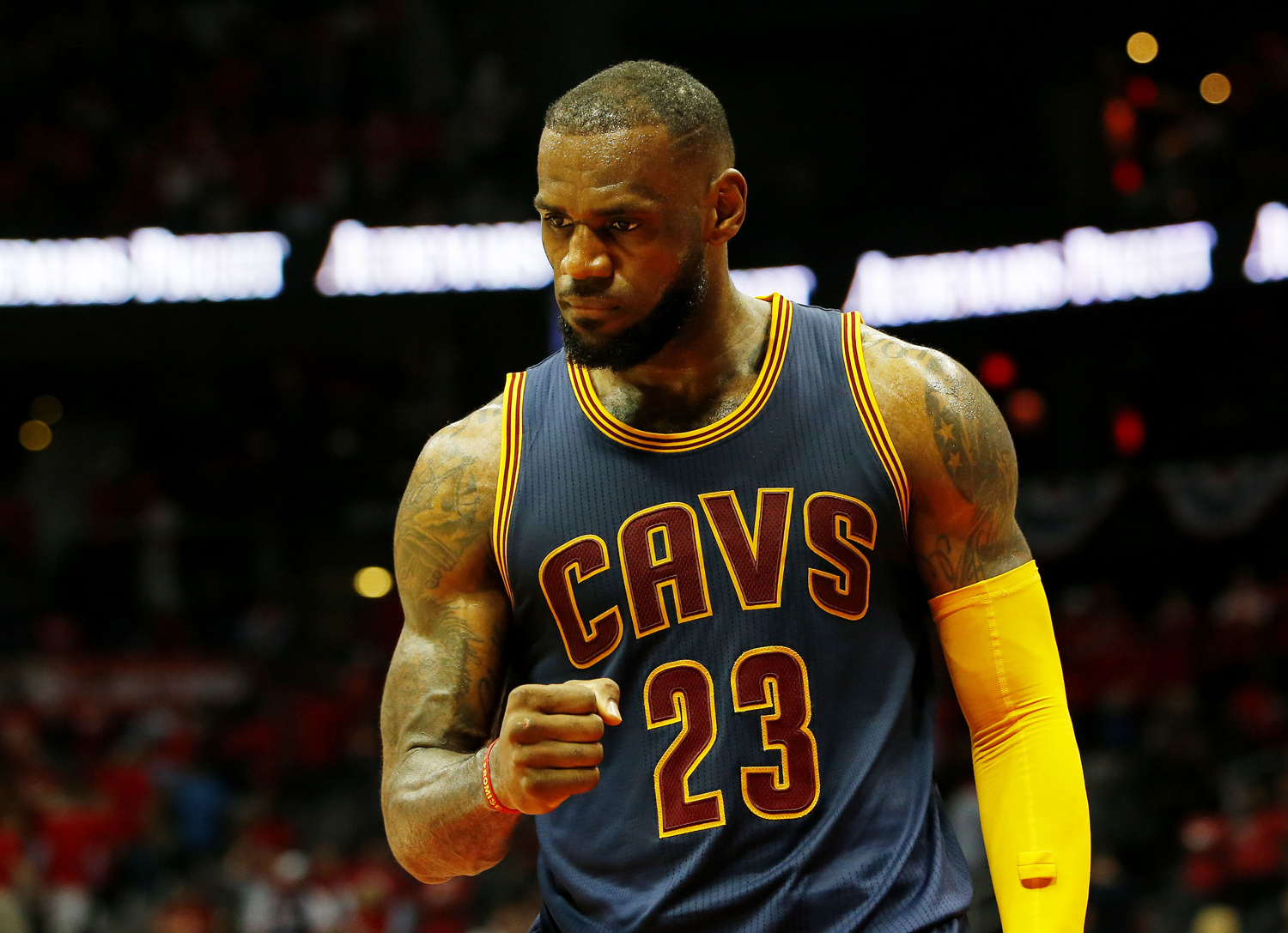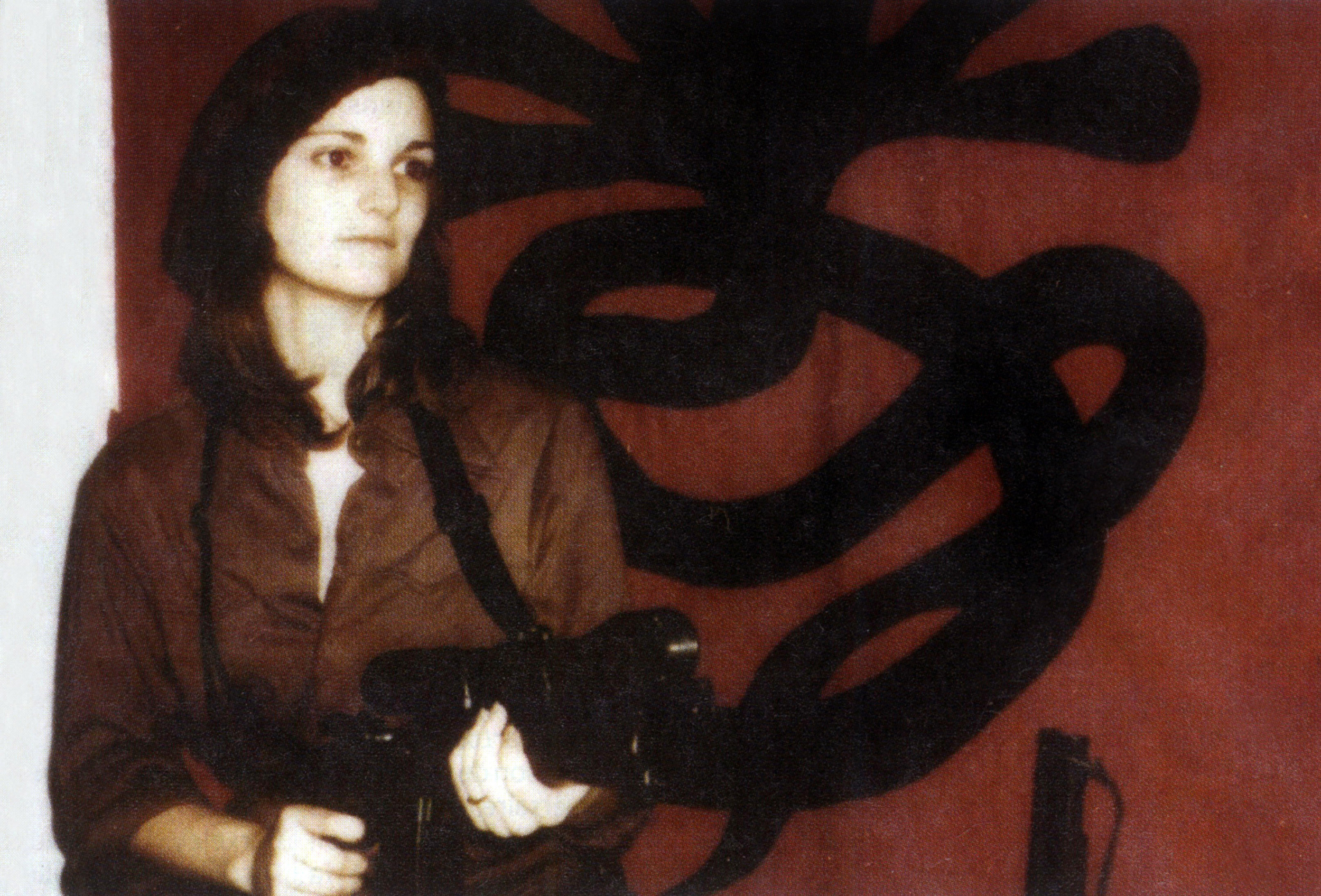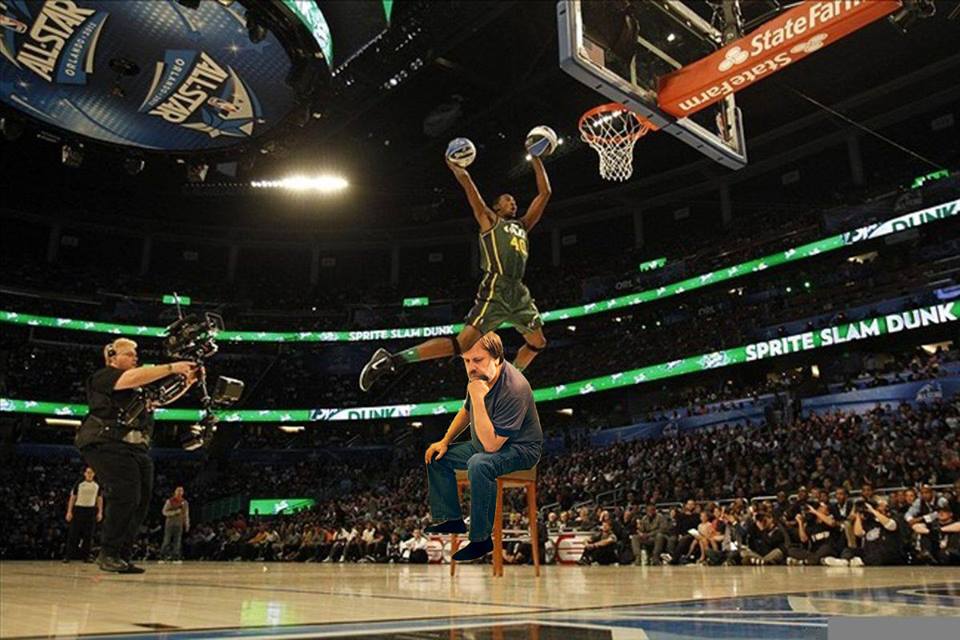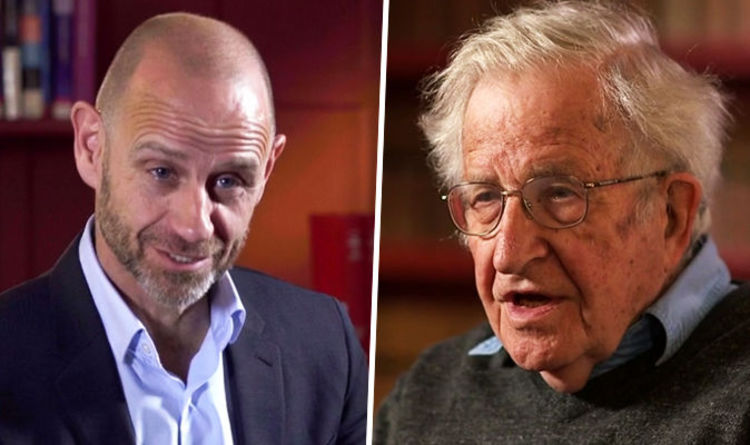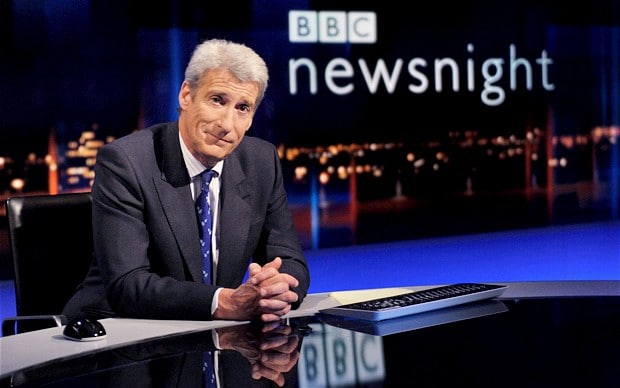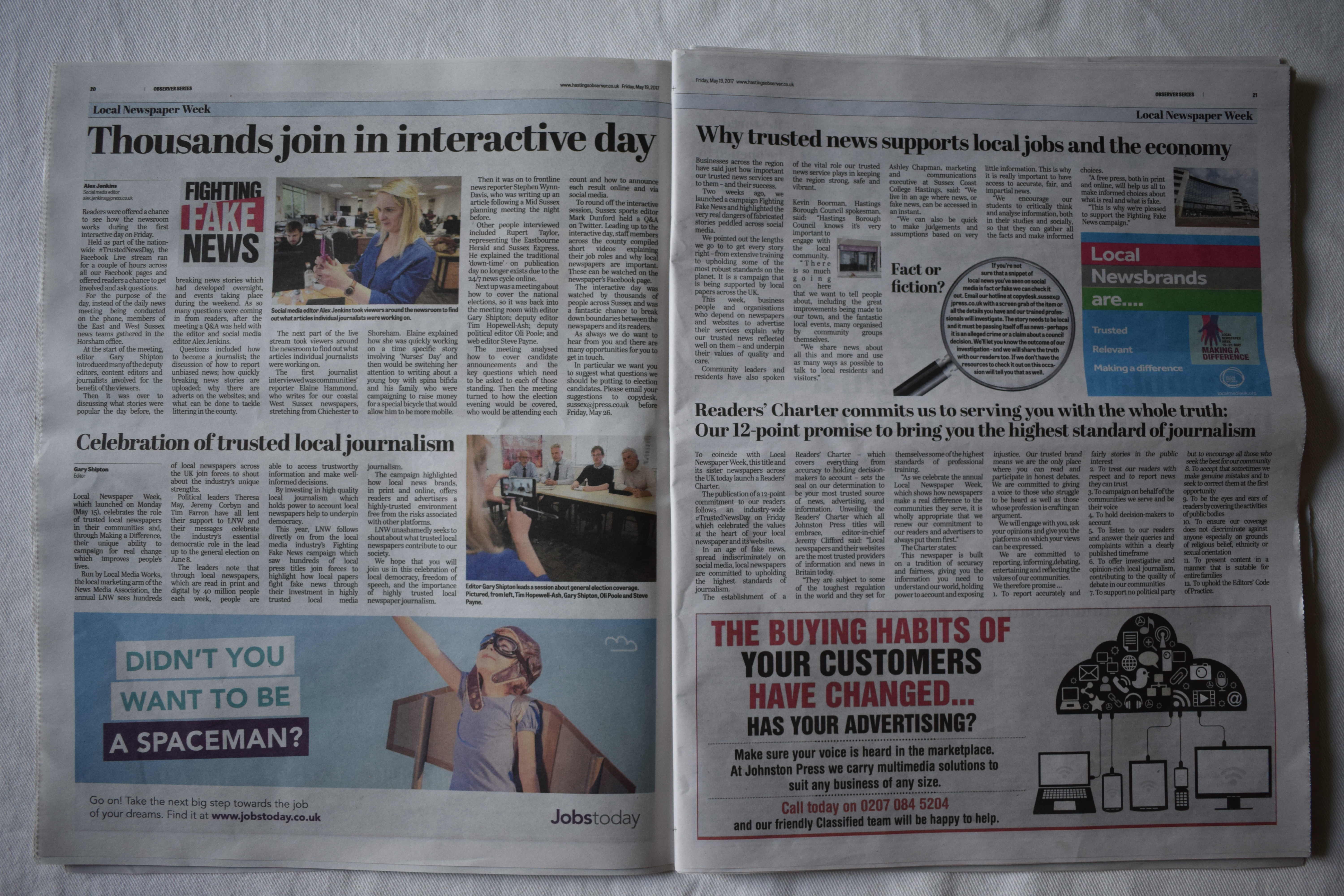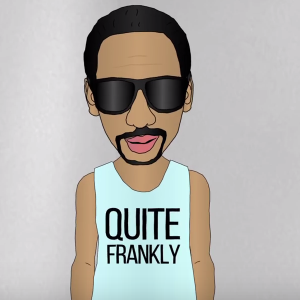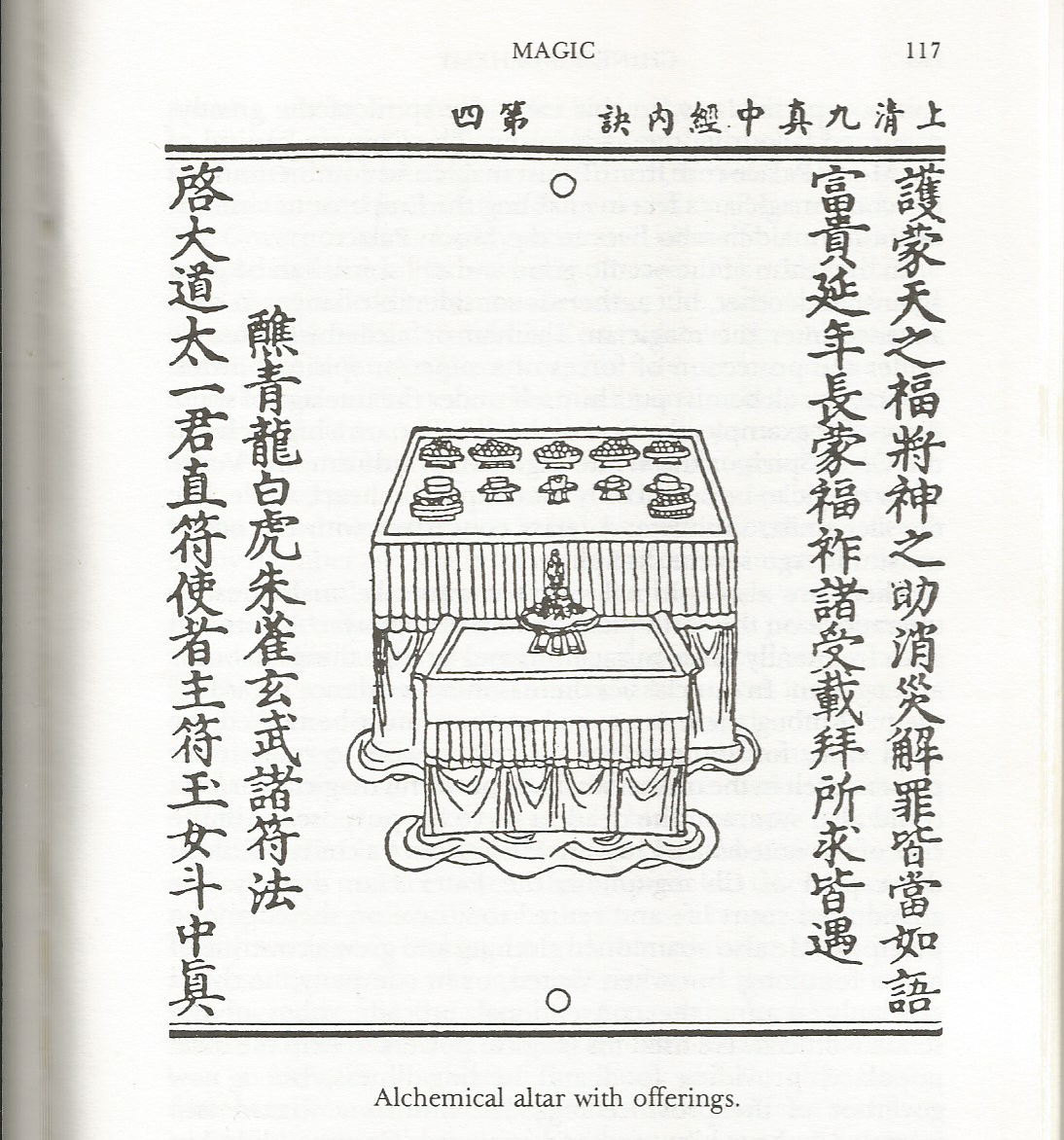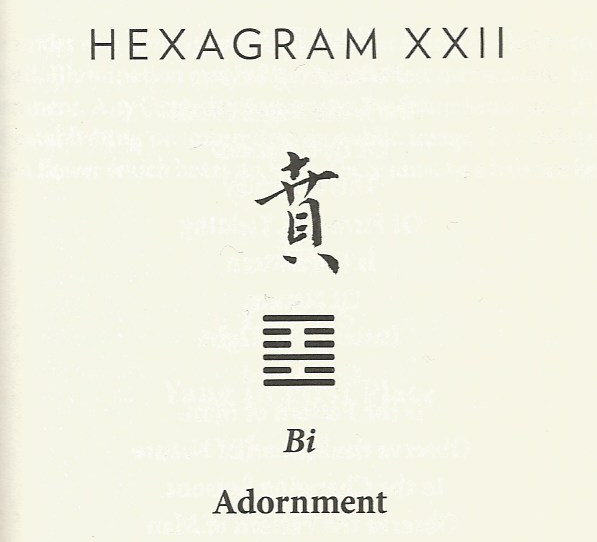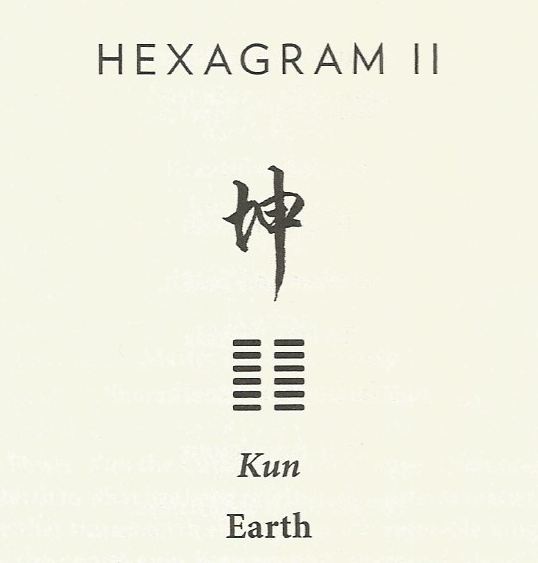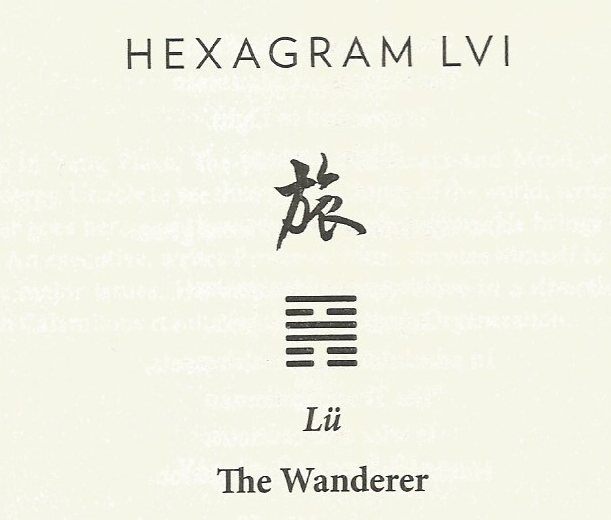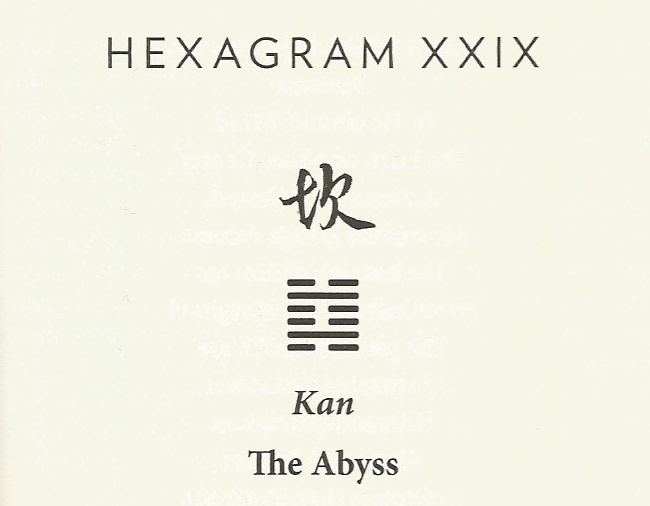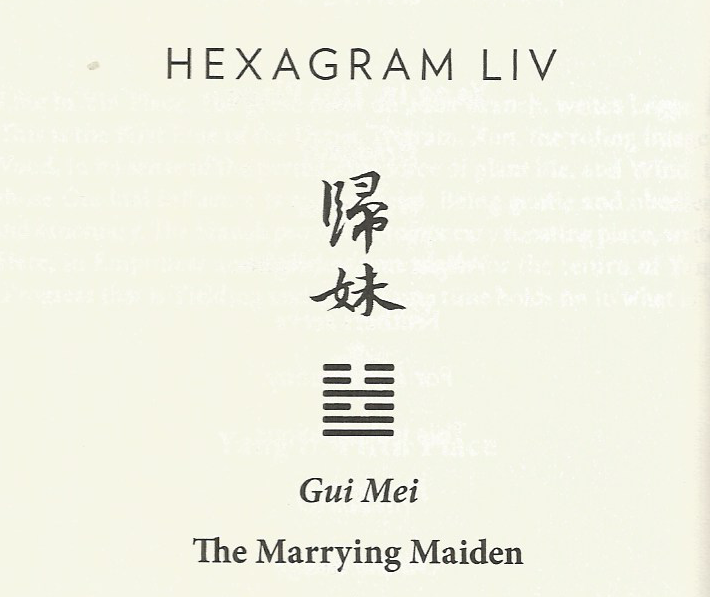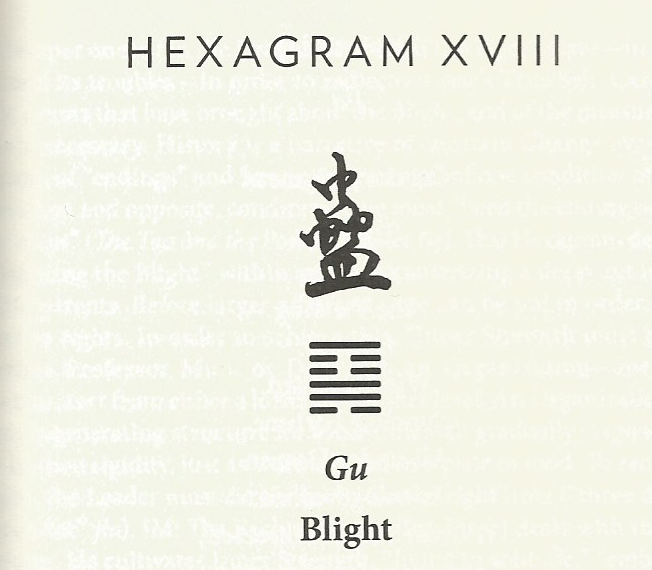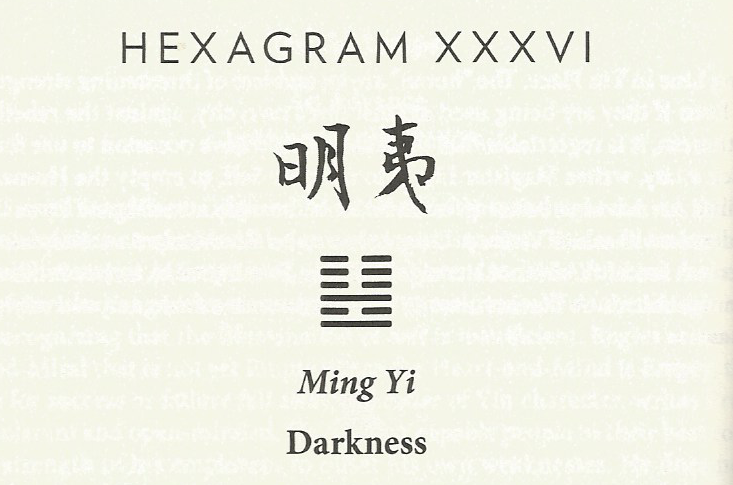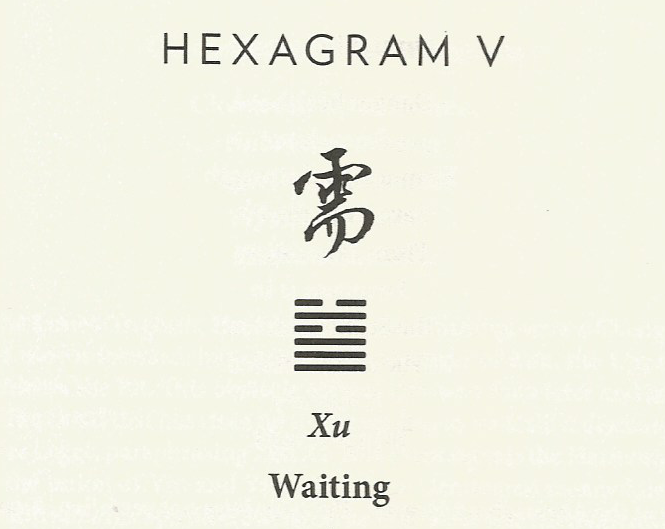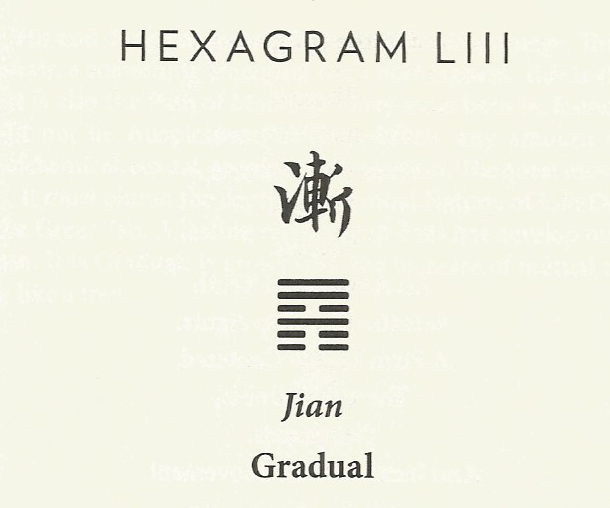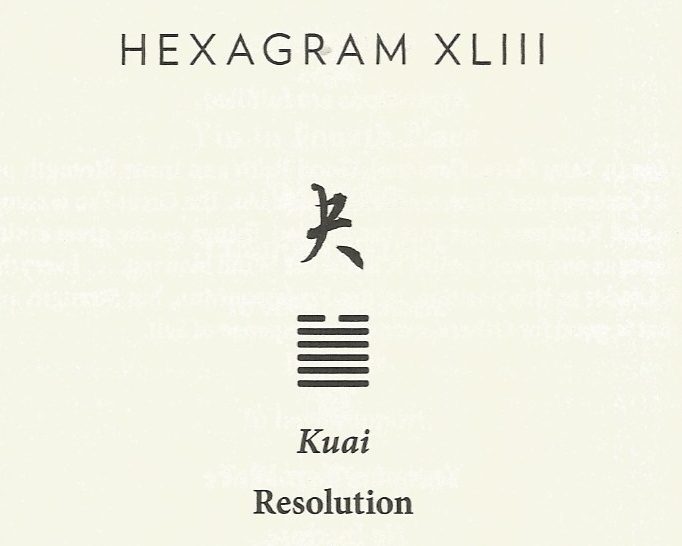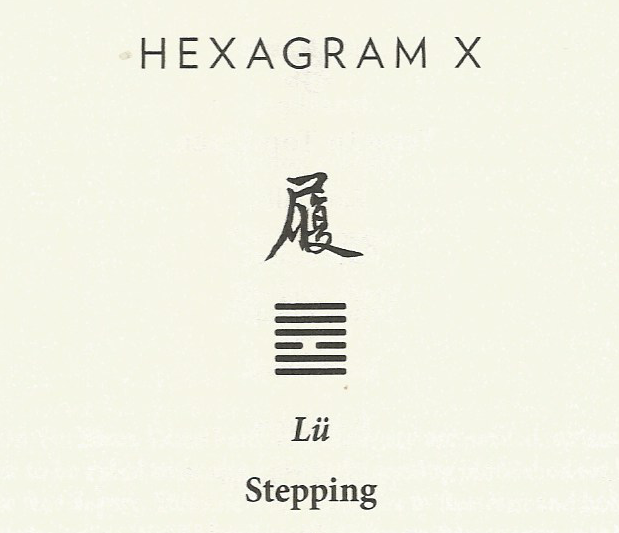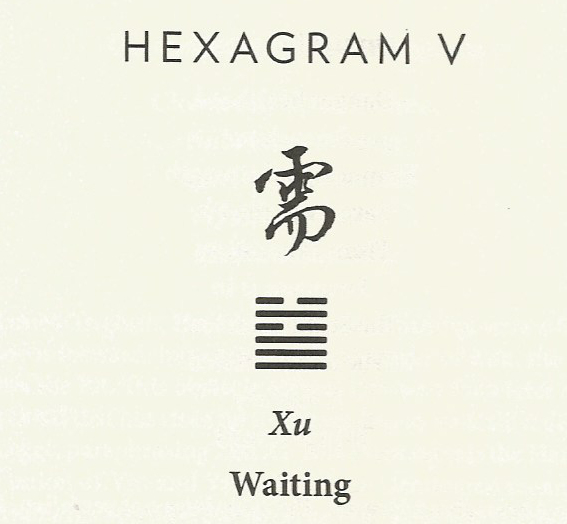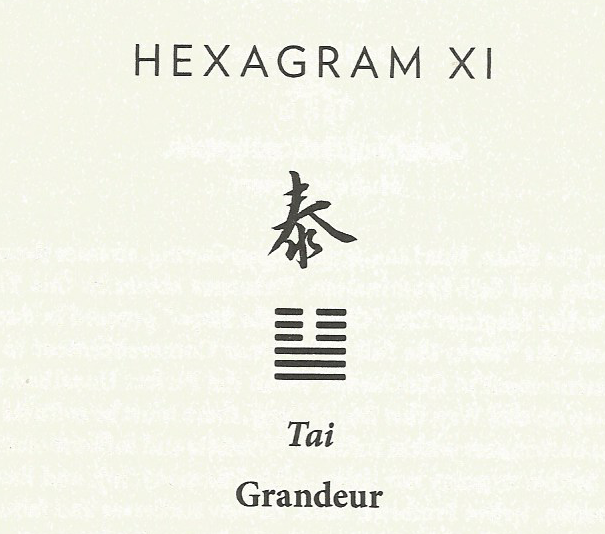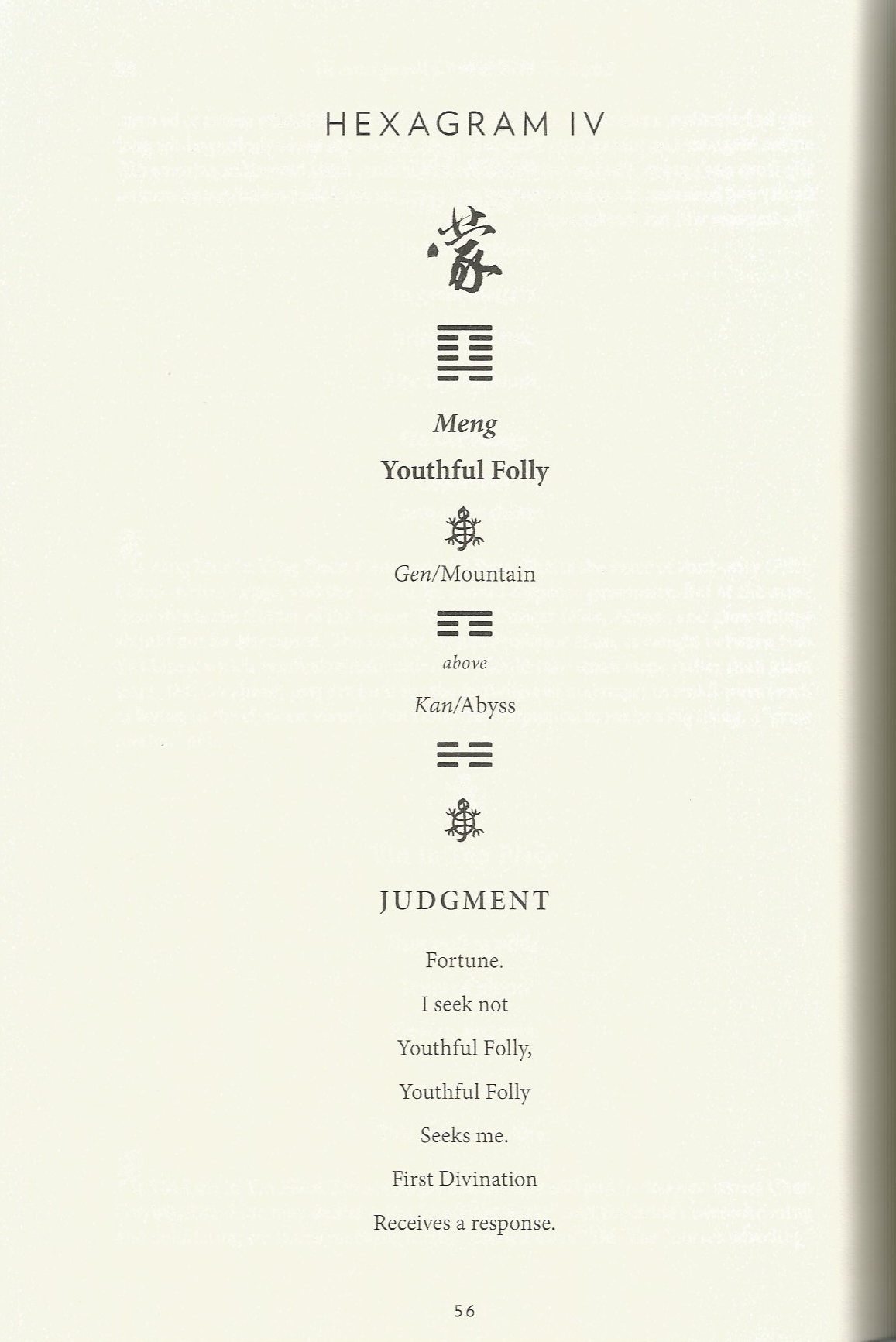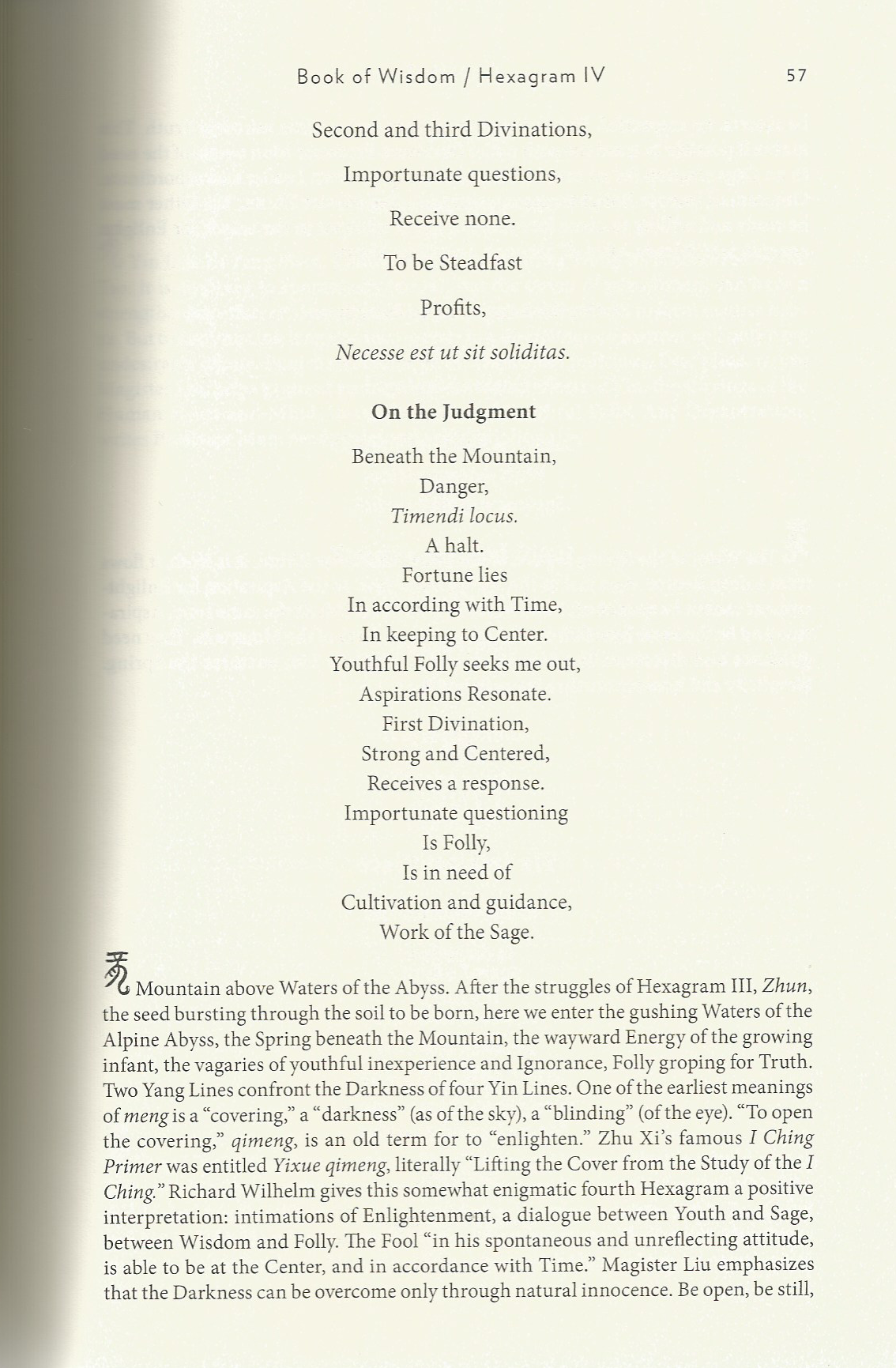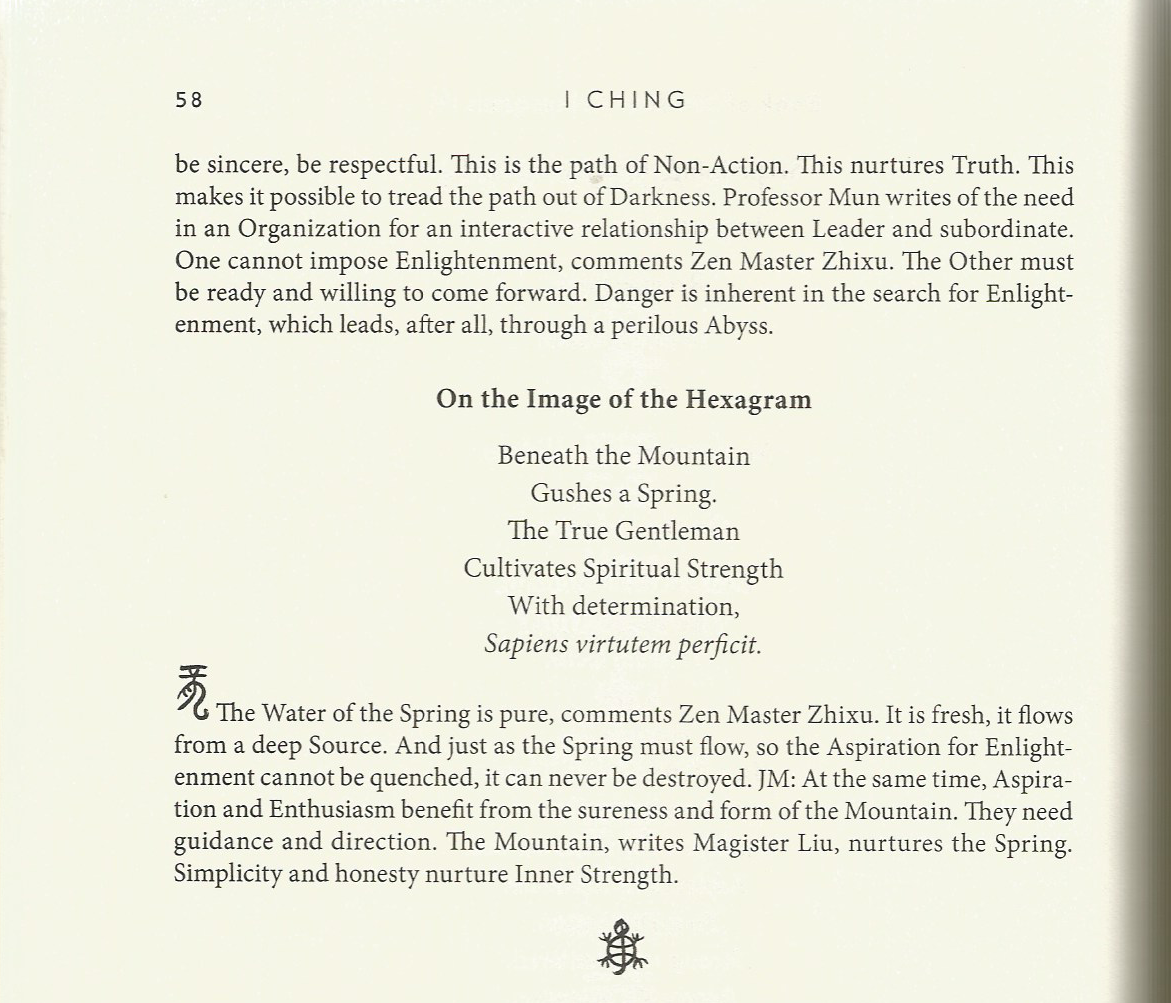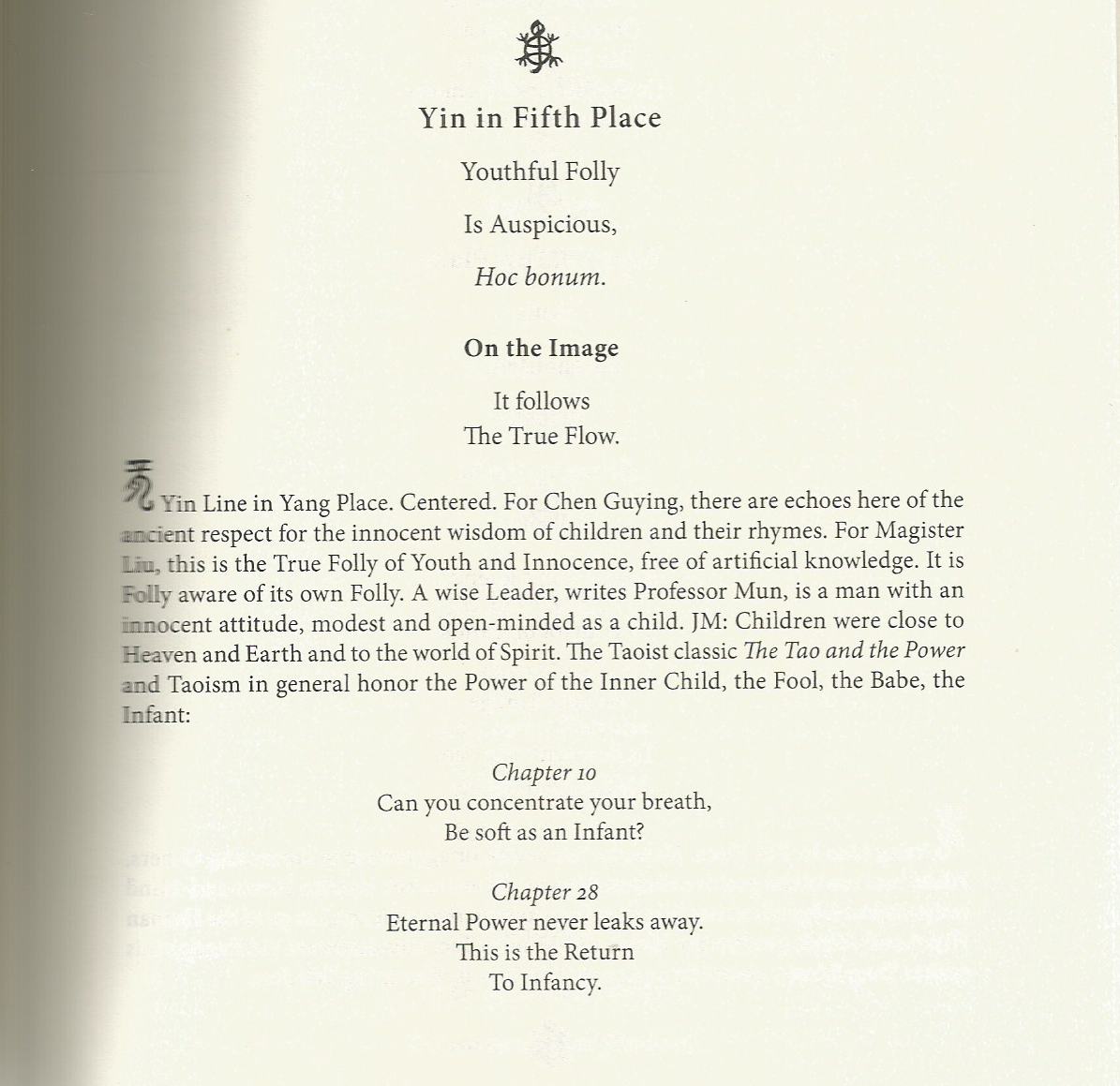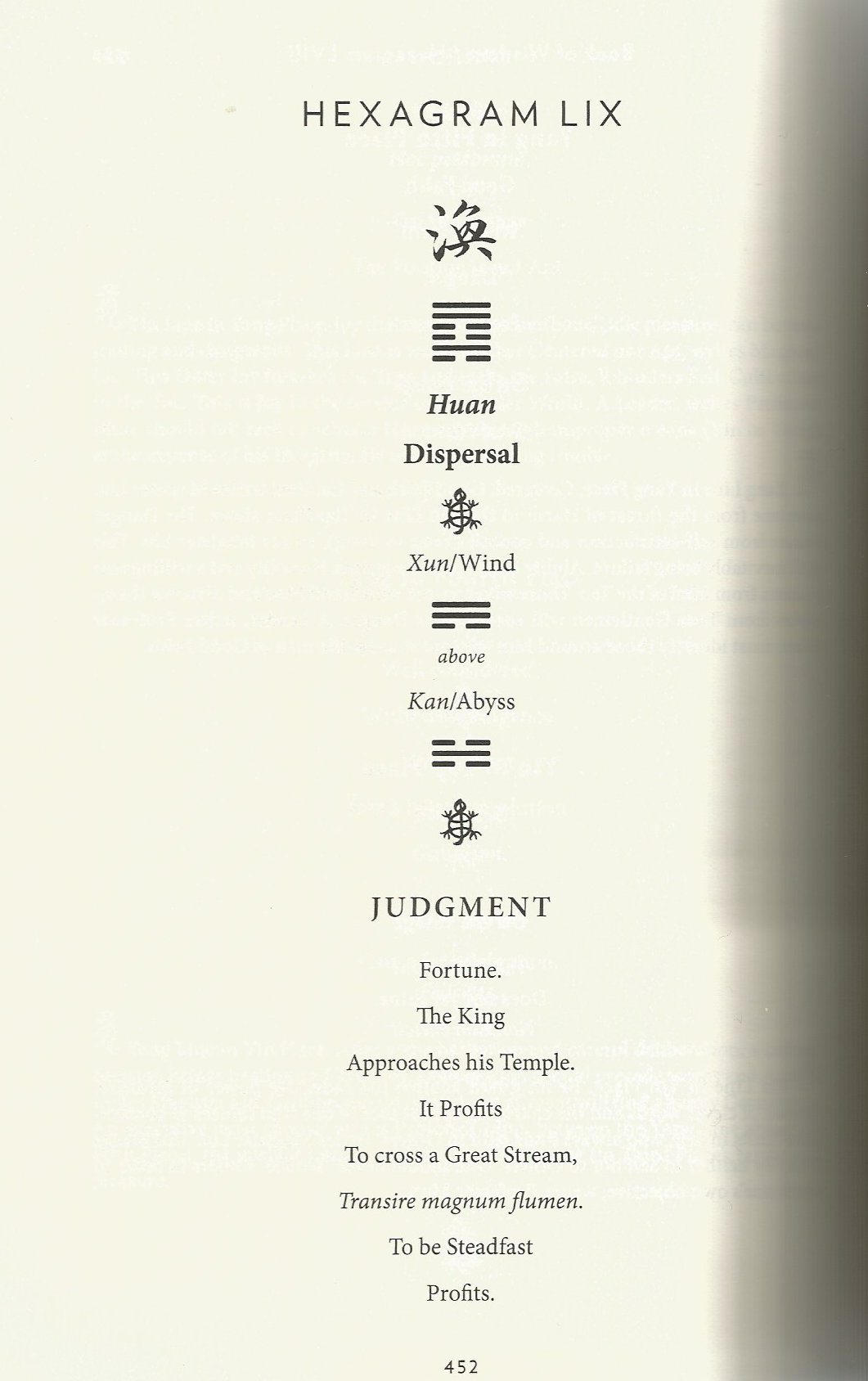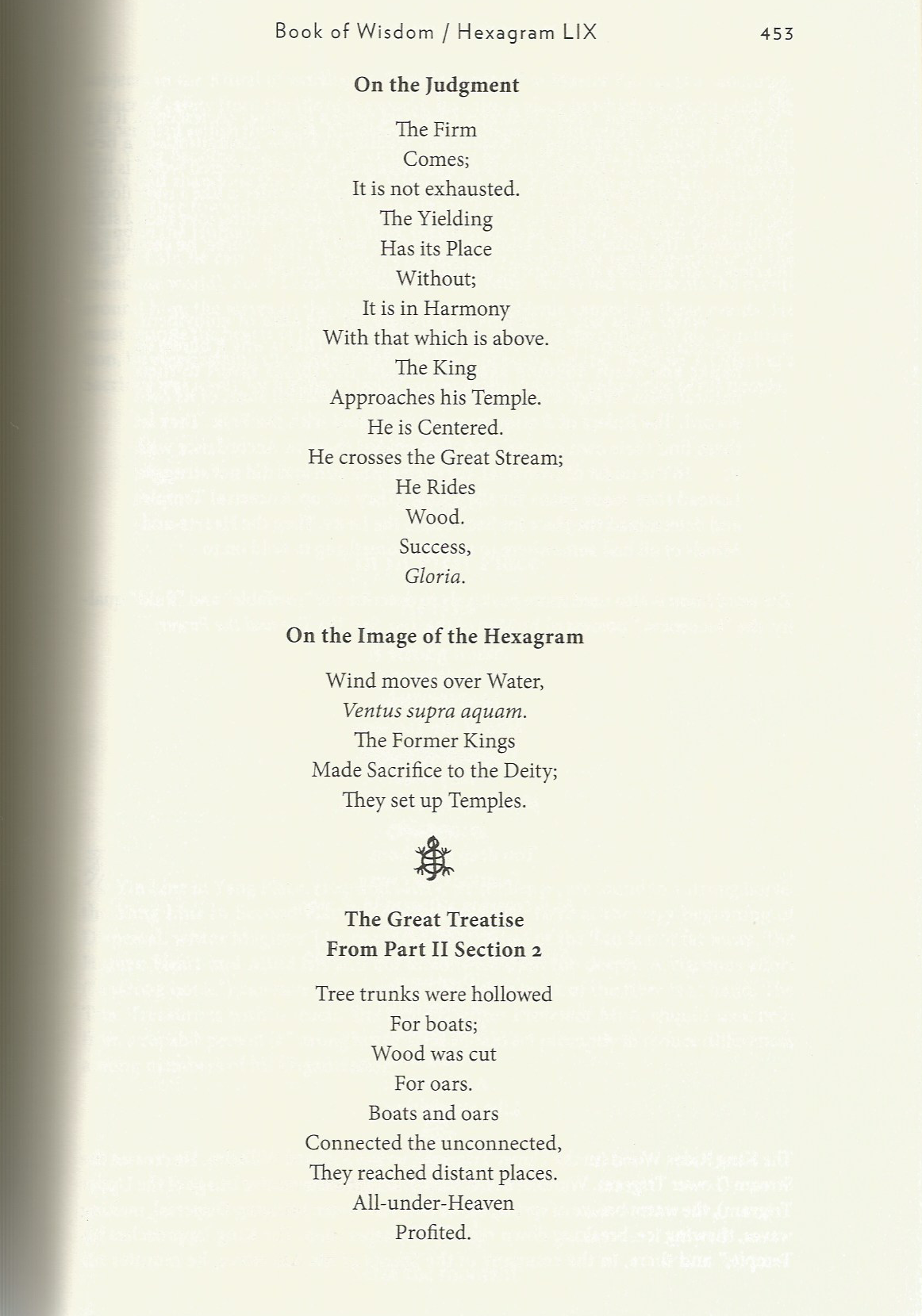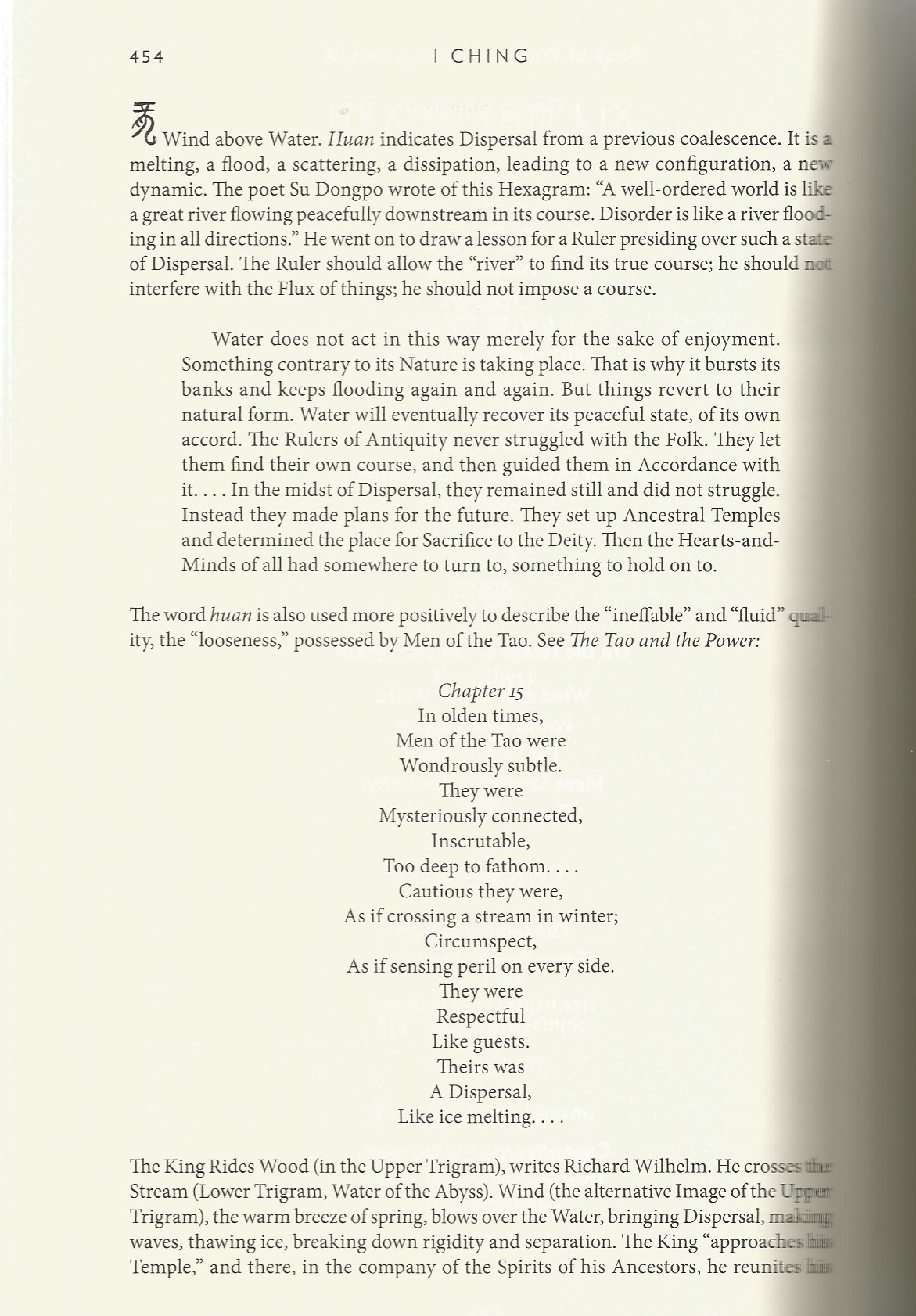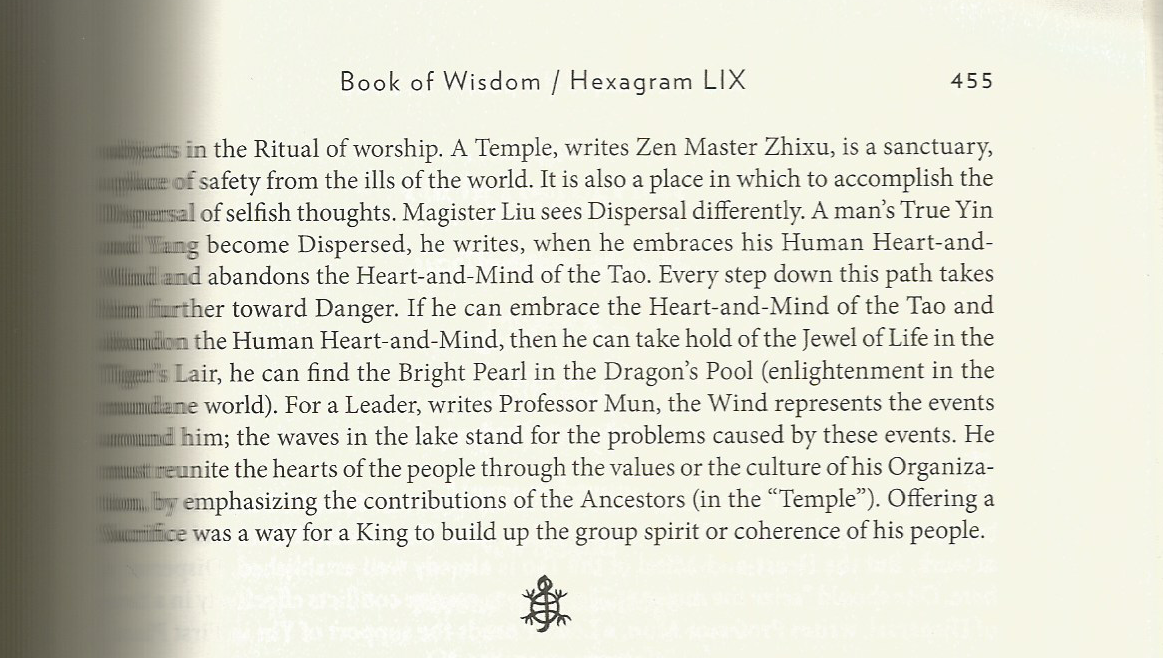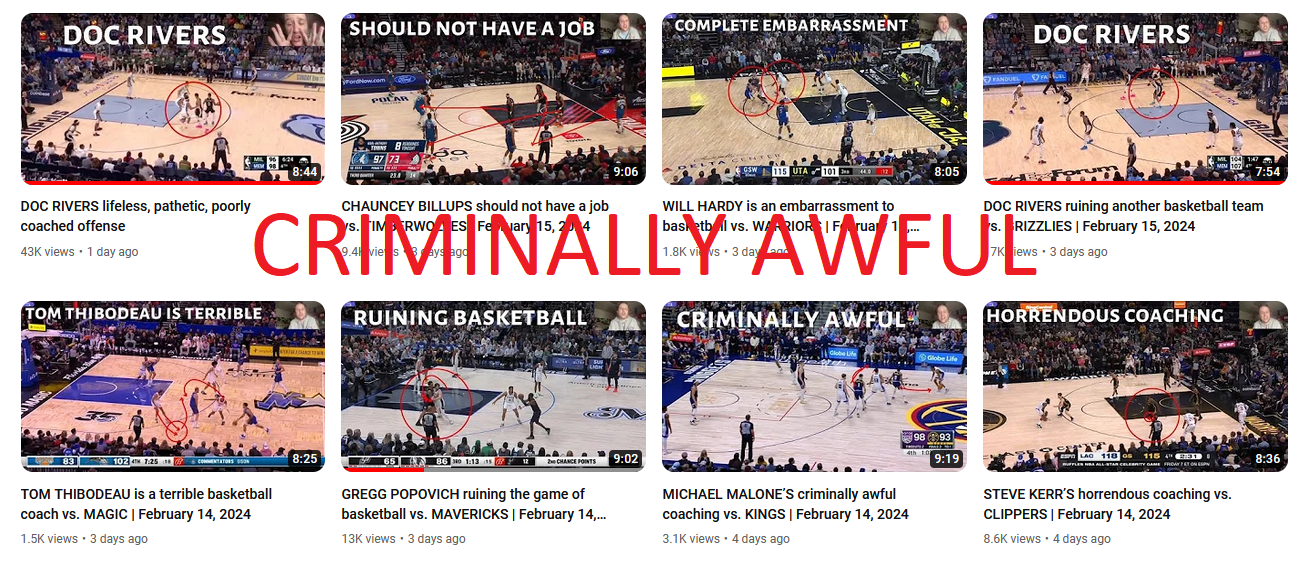
It’s impossible to fix NBA games; there are too many red flags that would be thrown up.
—Former FBI Agent Phil Scala
I recently began watching videos published by the Youtube channel Awful Coaching. Youtube just showed them to me one day, probably to taunt me. I find these videos amusing and insightful, but they are also troubling. They present irrefutable proof that NBA teams regularly throw games, but they are not intended to be understood in this way. Instead, hours of video evidence of NBA teams deliberately trying to lose games is passed off as merely “awful coaching”.
The gentleman behind Awful Coaching made some interesting remarks during two recent videos. The first concerned the Utah Jazz, who appeared to be trying to lose to the Los Angeles Lakers. The title itself, while intended to be tongue-in-cheek, is quite correct: WILL HARDY needs to be investigated for fraud. He does. But don’t worry; it’s just a joke! He’s not actually alleging fraud. “The Jazz clearly are poorly coached … the Jazz and their braindead coaching staff clearly don’t understand…”, etc., etc., etc.—this is the conclusion of this man’s “breakdown”, which he drives home via repetition. It’s the conclusion of every video he makes: these idiot coaches don’t know what they’re doing, so they’re losing games. Not one NBA team is well coached. They are all bad, simulataneously, and none of them can ever win.
“This has to be like a game, or corruption, or—this can’t be real!” He gets tantalisingly close to the truth. The Lakers scored 63 points in this clip. 63 of the Lakers’ 138 points were scored against fake defence. This is how you ensure the outcome of a game. 63 points is a lot. It’s not one or two questionable plays, a free throw awarded here and call missed there. And yet it’s much easier to overlook this kind of pretend-defence than it is to overlook crooked refereeing! It all appears perfectly natural, provided you don’t pay very close attention and really watch what the players are doing (and most people don’t). It’s very clever.
The other video that I found interesting involved the San Antonio Spurs letting the Dallas Mavericks win. “Are you telling me this is ok? That the NBA is ok with this?” Is the NBA ok with its “star” players taking wide open shots and compiling ludicrously high point totals? Yes, I think so. Adam Silver has said as much in interviews. This sort of mock outrage is actually very tiresome and serves a sinister purpose. Does George W. Bush really think that bombing Iraq will bring freedom and democracy? I, a very intelligent person who is not a credulous dupe, can see that it surely will not! What an idiot!
When we find ourselves wondering, “are these people trying to do X? Do they really believe that doing Y will accomplish Z?”, perhaps we should credit others with the capacity to scheme and lie (especially if they are mass-murdering enemies of humanity, but I think this does apply to basketball players as well). If a professional basketball team is playing so poorly that you have to ask whether they are trying to lose a game deliberately—not just on one possession, but consistently throughout an entire game, as though they are following a game plan—then it’s reasonable to conclude that they are in fact trying to lose the game deliberately. But these Youtube breakdowners will always bring you back to square one.
“Coach Nick”, a veteran of Youtube basketball “breakdowns” who hadn’t heard of Caitlin Clark until last week, published an enlightening video during last year’s NBA Playoffs. In fact, I had intended to write this article at that time, based solely on this video, which I consider sufficient proof of fixing by itself. In this particular “breakdown”, Coach Nick gives us the official explanation, so to speak, of the Milwaukee Bucks’ improbable loss to the Miami Heat in the first round: awful coaching!
“There’s no other way to explain this lack of focus on such a singular point of attack other than to say they simply weren’t prepared.” Nonsense. Here’s another way to explain it: the Bucks threw the series. This explanation is much more consistent with what we saw, and it doesn’t require adopting the absolutely absurd, insane belief that some of the best basketball players and coaches in the world kept inadvertently making the same losing plays over and over again (described here as a “game plan”!) when even the lay audience watching at home on their televisions could see that this was not going to help them win. It is the job of the Coach Nicks of this world to enclose our thoughts in this way, to insist that “there’s no other way to explain” the outrages and obscenities we see every day (basketball-related or otherwise) than stupidity, incompetence, arrogance, etc. You’re not getting duped, they insist—in fact, you are the clever one! It’s these people who control events and determine outcomes who are the real fools—they’re not in control at all! Your rulers are stupid and incompetent!
“There were all sorts of weird things happening [in the series]”, Coach Nick continues. Yes. “It had to be frustrating for these guys to execute a game plan that was giving the other team target practice”. Yes, though I imagine they enjoyed their bribes. “Look at how Lopez drops down, but then tries to jump back to his own man without realising how they never recovered. I mean, this has got to be a joke, right?” Yes, that’s right, Brook Lopez “didn’t realise” that he was the only man standing between Jimmy Butler and the hoop because he—just like you’re supposed to!—completely ignored what he saw before his own eyes. Very plausible.
Notice that drop coverage is the main theme in Coach Nick’s “breakdown”; it’s the same in all of the Awful Coaching “breakdowns”. The NBA seems to have discovered that drop coverage is the perfect means by which to give star players wide open shots while still maintaining some superficial semblance of defence (i.e., it’s a defensive scheme that actually has a name and can work in theory).
Of course, I’m not going sit here and ask, “why can’t Coach Nick see that the Bucks threw the series? Is he stupid?” No; he receives money from the NBA to produce videos like these, videos which make obviously fixed results look plausibly legitimate to observers who aren’t paying particularly close attention, or who wish to be deceived and to keep believing that the NBA is a real sports league because they enjoyed it as a child and don’t want to be burdened by the thought that even something as ostensibly inconsequential as the NBA is thoroughly rotten and Satanic. Coach Nick and other simpering Youtube-pundits are enlisted by the NBA to produce Warren Commission Report-like farce investigations of controversies, like “why are the Lakers shooting so many free throws?”, concluding each time without fail that nothing is really amiss, and that your eyes are deceiving you.
In addition to deliberately not defending, teams can deliberately run poor offensive sets in order to obtain a desired outcome. Consider this recent game between the Milwaukee Bucks and the Memphis Grizzlies. The Bucks have been terrible since hiring their new “coach”, but the Grizzlies have been terrible for much longer and are not a serious professional basketball team (they are currently making an absolute mockery of the NBA’s new “Player Participation Policy” by bestowing obviously fake—and often unreported—injuries on their entire roster and shuffling players in and out of their active line-ups unannounced and at random). The Bucks “should have” won by at least 20; the TNT pundits suggested as much in their pre-game segment, presumably in an attempt to entice bettors. Hmm. What a shock that the Grizzlies ended up winning! I wonder how much money was made/lost, and by whom?
“Why does Damian Lillard have no idea how to run a pick and roll?”, asks our man. Does any serious person really believe that Damian Lillard has no idea how to run a pick and roll? Of course he does. So we can rephrase the question and ask something more sensible: “why is Damian Lillard, a brilliant and experienced point guard, not running a pick and roll correctly? Why is he failing to do this over and over again?”
“These men are paid actors”. Maybe.
Regular season games have begun to look like the All-Star Game, which takes this kind of pantomime basketball to is most nauseating extreme and has therefore been unwatchable for about the past twenty years. It doesn’t surprise me that since I began writing this (last Saturday), Awful Coaching has published a video breaking down the All-Star Game. Ha-ha-ha! Do you get it? The All-Star Game is a fake game, and he usually breaks down “real” games! Wouldn’t it be funny to take the All-Star Game seriously and pretend that it’s a real game? Ha-ha. Karl Anthony-Towns scored 50 points in 28 minutes off the bench—how absurd! Well, time to get back to watching regular games. I can’t wait to see Luka Dončić make 20 open threes and score 85 points in a real game.



